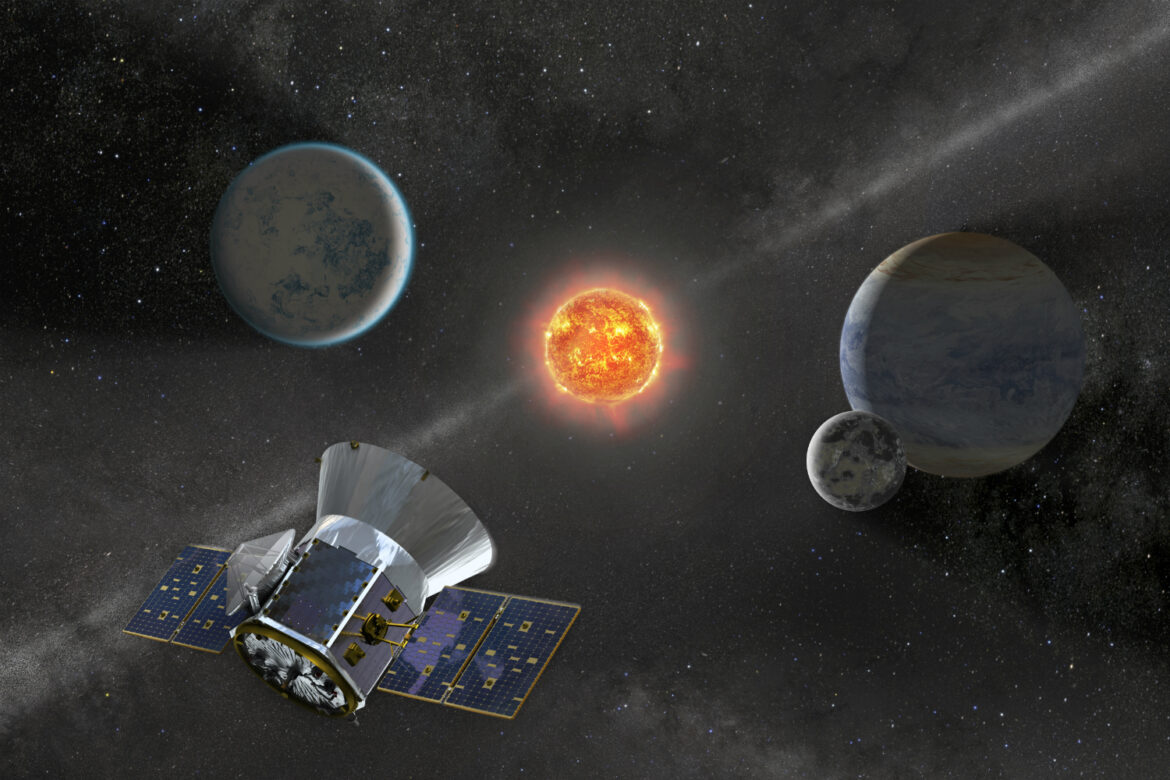NASA Transiting Exoplanet Survey Satellite (TESS) has found an exoplanet in the Milky Way system. Analysts trust it is 10 billion years of age, more than twice as old as our Sun. The planet named TOI-561b circling outside our nearby planetary group is 1.5 occasions the size of the Earth, has more mass than Earth, however nearly a similar thickness. The planet circles around its sun, which is situated in the galactic thick plate, rapidly and finishes it in around 12 hours.
The revelation of the planet was unveiled in the 237th gathering of the American Astronomical Society and later acknowledged for distribution in Astronomical Journal. The gathering was held essentially because of the Covid-19 pandemic.
The examination additionally makes reference to that the temperature on the planet’s surface arrives at 1,726 degrees Celsius which makes it not appropriate for home. According to a report by CNN, the rough planet’s mass, sweep and thickness were determined with the assistance of information gathered at the WM Keck Observatory in Hawaii. “TOI-561b is one of the most established rough planets yet found,” University of Hawaii postdoctoral individual and leader Lauren Weiss said in an assertion. “Its reality shows that the universe has been shaping rough planets nearly since its initiation 14 billion years prior.”
What makes this ‘Super-Earth’ more fascinating is its thickness, thinking about the size in contrast with Earth. Nonetheless, more established planets are less thick attributable to the less amount of weighty metals found on them. These components are found on our planet since it was shaped after the Sun detonated in Supernova and circulated these components into space.
Scientists are additionally intrigued by the historical backdrop of the rough planet as it might have been tenable sooner or later in its reality. “In spite of the fact that this specific planet is probably not going to be possessed today, it could be a harbinger of numerous rough universes yet to be found around our system’s most seasoned stars,” said Stephen Lane, the lead creator of the examination at the University of California, Riverside.






